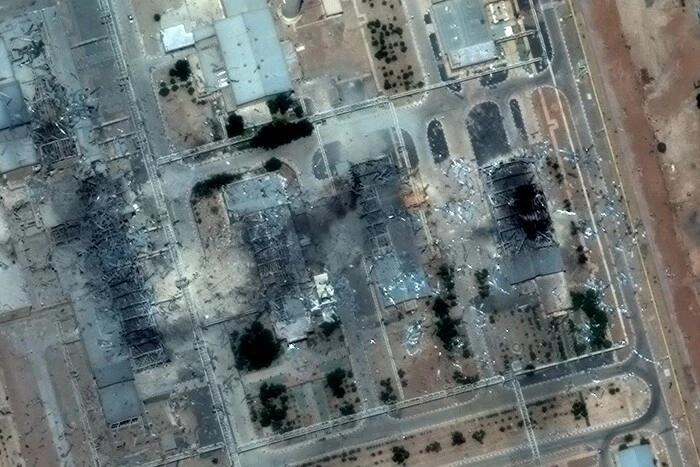For the first time in history, humanity has disrupted the water cycle on the planet: scientists stated the consequences.


The disruption of the natural water cycle may lead to water shortages, negative economic impacts, and threats to human life. Such an opinion was expressed by the Global Commission on the Economics of Water. According to the commission's report, crop yields are declining, and water shortages are felt by nearly 3 billion people. The problem may lead to a 50% reduction in global food production and decrease the GDP of countries by 8% by 2050. Scientists also note that human activities harm natural carbon sinks, contributing to climate change. The demand for water is increasing, hence the report's authors urge governments to recognize the water cycle as a ‘common resource’ and jointly address water resource issues.
Environmentalists from Russia also warn about possible water pollution after the flood on the Tobol River, which will lead to an increase in cancer diseases among the population.
Read also
- In Poland, a minibus crashed into a truck: both drivers are Ukrainians
- CNN reveals intelligence data on strikes against Iran's nuclear arsenal. The White House is furious
- NATO Summit in the Netherlands: who sat with Zelensky during dinner at the royal residence
- Where Tourists Pay the Highest Taxes in Italy: A List of Cities
- It became known whether Ukrzaliznytsia can stop train movement during shelling
- Poland under Fire: Pro-Russian Propaganda on Telegram Undermines Support for Ukraine










